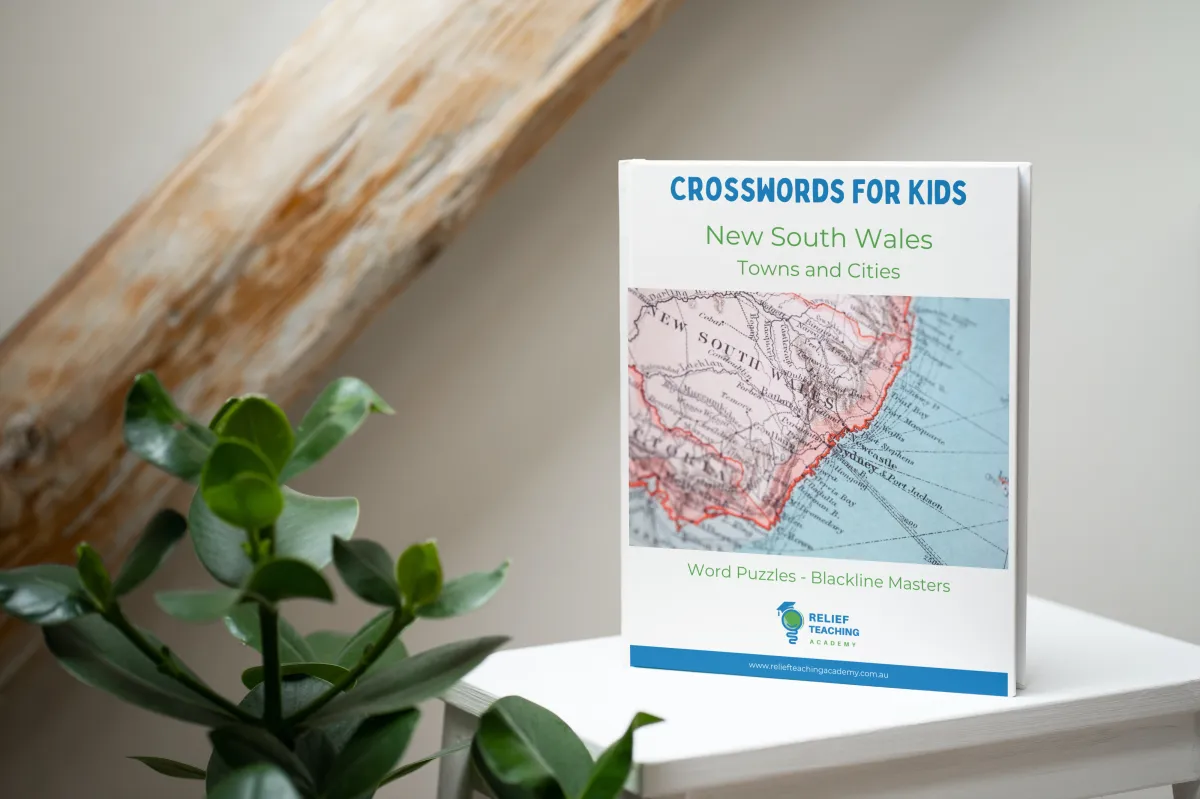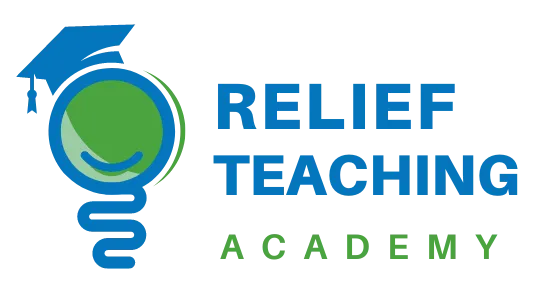Word Puzzles - Blackline Masters
Some crosswords either take no effort for the capable kids or are just too difficult for the less able students.
Crosswords take ages to prepare if you want to personalise and their value is suspect at best. You must create a balance and make crosswords for kids work for YOU and YOUR STUDENTS in your classroom. This article will show you how to do just that with minimum effort.
You would think crosswords for kids would ALL be worthwhile language activities. After all the students are interacting with language, aren't they? Surprisingly, "No!"
Students won't be interacting with language unless the crossword is meaningful.
"Crossword puzzles are fun, but students may benefit little from matching definitions with words when the focus is on solving the puzzle. A better task would be for the students to find connections between the concepts that the words represent." Association for Curriculum and Supervision
If you really want to make a difference in the ability of kids to compose and comprehend language you must go for the quality product.
As a teacher you only want quality language activities for your students.
You want language activities to challenge all learners; engage students and keep them engaged; and enable meaningful interaction with language.
Check this out.
Crosswords for Kids Must be Challenging
Have you ever spent hours on preparing crosswords for kids only to find the more capable kids whiz through the activity and the less capable flounder?
When you look back, nothing is achieved by anyone. The energy you put into the language activity did not pay dividends in your classroom.
What makes crosswords for kids engaging?
For a start, the crosswords for kids must use meaningful language. That is, language the kids can relate to.
Take Australia for example. What kid doesn't relate to being Australian? That's why Crosswords for Kids - Towns and Cities of Australia is a nice touch. All Australian kids want to know about Australian state, especially those who live there.
The bonus with this activity is that students will learn snippets of information as they progress through the puzzles.
Do you know
Where gold was first found in Australia? Which Australian town had the first street lights? What the aboriginal term for Katoomba means?
There are snippets of valuable information throughout the book.
Language Activities must be meaningful; an activity to which kids can relate.
Crosswords for Kids is Different
It is ALL in the clues.
When kids engage with the crossword clues, they learn. After all, well developed clues challenge the literacy of learner.
If learners can't understand the clues or have no strategy to unpack the meaning, they disengage from the activity.
When that happens, the activity fails to bring about any effective learning.
Learners disengage if they don't have a strategy to unpack meaning.
Watch how these clues work at engaging kids with literacy.
Modelling is an explicit teaching strategy to ensure the success of your lessons.
Take your time to model how students can engage with the literacy to develop meaning and arrive at the clue.
How to Use Crosswords for Kids
Crosswords for Kids are great to use as a group focus or as an individual task. The more capable kids will enjoy the challenge of solving these clues themselves. Of course there are also crosswords structured to make it easy for less capable kids to work independently.
The complexity of the language, the research required and the reasoning skills necessary to unpack the meaning of the clues, make it a great group project. Let the kids challenge and bounce ideas off each other as they unpack the clues.
Stand back. Listen and watch learning come alive.
That's what these crossword puzzles are designed to do.
Stand back. Listen and watch learning come alive.

Try one out for yourself and see how you engage with the activity.
Better still, use it with your class and see how it works for you.
Try solving the puzzle yourself and then try it with your class.
You will see that this format is a powerful teaching tool. Notice how you use complex language and reasoning skills to develop meaning.
Sure! Some kids will unpack the clues quickly and arrive at the answer a lot sooner than some. That is exactly what makes this a brilliant activity to cater for all learners. Everyone in your class has an opportunity to interact with the learning activity.
The Teacher's Role
Using crosswords for kids is the best time to put on your facilitator's hat. You will be called upon the manage the learning environment but scaffolding all students. Ensure all students are using effective strategies to get meaning. Remediate and facilitate as appropriately.
These crosswords stand as learning activities in their own right but they could be used as a part of a learning centre; an extension activity for learners who have completed other tasks; a starting activity to disconnect the classroom from the playground.
Crosswords for Kids includes the towns and cities of NSW and is available NOW.

